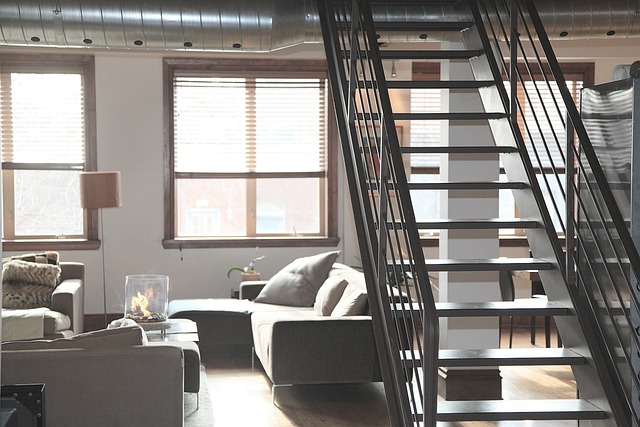Possible Reasons for Your Apartment Not Cooling Down
Possible Reasons for Your Apartment Not Cooling Down
1. Insufficient Insulation: One possible reason why your apartment is not cooling down could be the lack of proper insulation. Poor insulation allows heat from the outside to seep into your apartment, making it difficult for the air conditioning unit to maintain a cool indoor temperature. Consider checking windows, doors, and walls for any leaks, cracks, or gaps that may need repairing or sealing.
2. Dirty Air Filters: Another common cause for inadequate cooling is dirty air filters. When the filters in your air conditioning system become clogged with dust, dirt, or pet dander, it restricts airflow and reduces the unit’s cooling efficiency. Regularly cleaning or replacing air filters is essential to ensure optimal cooling performance.
3. Faulty Thermostat: A malfunctioning thermostat can lead to temperature control issues in your apartment. If the thermostat is not accurately detecting the indoor temperature, it may prevent the air conditioner from operating at the desired level. Check if the thermostat settings are accurate, or consider getting it inspected or replaced if necessary.
4. Overworked or Undersized Air Conditioning Unit: It is possible that your apartment’s air conditioning unit is either overworked or undersized for the space it needs to cool. If the unit is too small, it may struggle to cool the entire apartment adequately. On the other hand, an overworked unit may be experiencing mechanical problems or refrigerant leaks, which require professional repair or maintenance.
5. Sunlight and Heat Gain: The amount of sunlight entering your apartment can significantly affect its cooling efficiency. If your apartment receives direct sunlight during the hottest parts of the day, it can increase heat gain and make it harder to cool down the space. Consider using blinds, curtains, or window films to block the sunlight and reduce heat penetration.
Remember, it is always recommended to consult a professional HVAC technician to accurately diagnose and address any cooling issues in your apartment. Regular maintenance and timely repairs can help ensure a comfortable and cool living environment during the hot summer months.
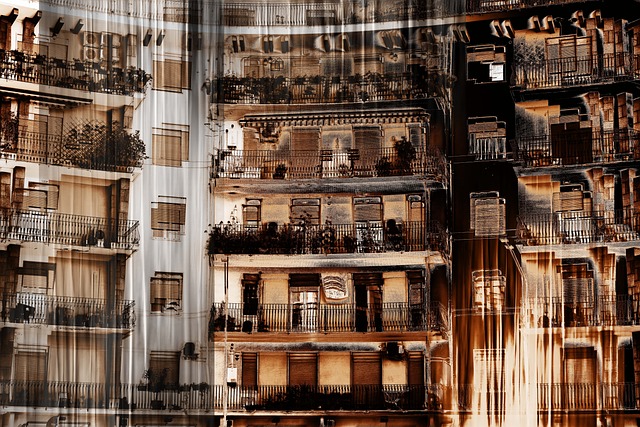
Common Air Conditioning Problems that Cause Inadequate Cooling
Air conditioning systems are crucial for maintaining a comfortable indoor environment during hot summer months. However, sometimes these systems can encounter issues that result in inadequate cooling. Understanding the common air conditioning problems that cause inadequate cooling can help in identifying and resolving the issue promptly.
One common problem is a dirty or clogged air filter. When the air filter becomes dirty and clogged with dust, dirt, and debris, it restricts the airflow, reducing the cooling efficiency of the system. Regularly cleaning or replacing the air filter is essential for optimum performance.
Another common issue is a refrigerant leak. Refrigerant is responsible for cooling the air in the system. If there is a leak, the refrigerant levels will drop and cause a decrease in cooling capabilities. A professional technician should be called to detect and repair the leak, followed by recharging the system with the appropriate amount of refrigerant.
Faulty thermostats can also lead to inadequate cooling. If the thermostat is not accurately sensing the temperature, it may not signal the air conditioner to cool properly. Calibrating or replacing the thermostat can help resolve this issue.
Inadequate cooling can also be caused by a malfunctioning compressor. The compressor is responsible for circulating the refrigerant and pressurizing it, allowing for effective cooling. If the compressor is faulty or damaged, it will not function optimally, resulting in inadequate cooling. A qualified technician should be called to inspect and repair or replace the compressor.
Lastly, lack of regular maintenance can also lead to inadequate cooling. Dirty coils, worn-out belts, and other minor issues can accumulate over time, affecting the cooling efficiency of the system. Regular maintenance, including cleaning, lubricating, and inspecting the components, is crucial for optimum performance.
In conclusion, understanding the common air conditioning problems that cause inadequate cooling can help in identifying and resolving these issues promptly. Regular maintenance and professional inspections can prevent many of these problems and ensure the efficient cooling of your indoor space during the hot summer months.
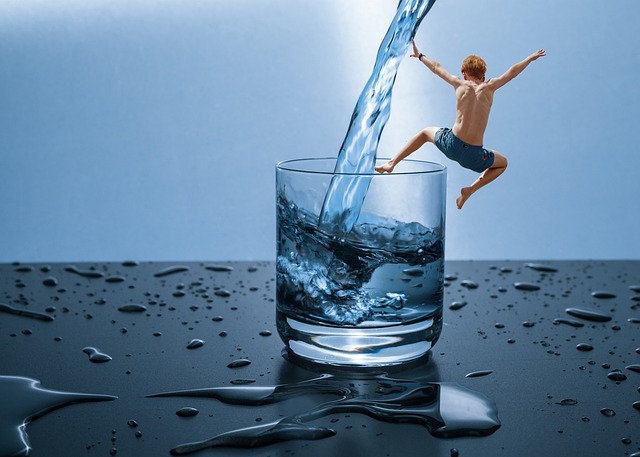
Frequently Asked Questions about Cooling Issues in Apartments
Avoid using excessive technical jargon, and instead, explain concepts in a clear and concise manner
Stay organized and use subheadings to break up the content and make it easier to read
Include relevant keywords throughout the description to improve search engine optimization
Ensure the information provided is accurate and up to date to provide value to readers
Edit and proofread the description for any grammatical or spelling errors before publishing
FAQ: Cooling Issues in Apartments
1. Why is my apartment not cooling properly?
If you’re experiencing cooling issues in your apartment, it could be due to various factors. Common culprits include a malfunctioning thermostat, clogged air filters, dirty condenser coils, or a refrigerant leak. It’s also possible that your HVAC system might be undersized for your apartment’s square footage or that there are ductwork issues. To resolve the problem, it is recommended to contact a professional HVAC technician for inspection and repair.
2. How often should I clean or change the air filters in my apartment’s cooling system?
Air filters should generally be cleaned or replaced every one to three months, depending on factors such as the type of filter, level of usage, and presence of pets or allergies. Clogged filters can restrict airflow and reduce cooling efficiency, leading to inadequate cooling or increased energy consumption. Regular maintenance of air filters improves the overall indoor air quality and helps keep the cooling system running smoothly.
3. What can I do to improve the cooling efficiency in my apartment?
There are several steps you can take to enhance cooling efficiency in your apartment. First, ensure proper insulation by sealing any gaps and cracks in windows, doors, and walls. Next, use blinds or curtains to block out direct sunlight during the hottest parts of the day. Additionally, using ceiling fans can help distribute cool air throughout the room and make you feel more comfortable without solely relying on the air conditioner. Lastly, consider scheduling regular maintenance for your cooling system to keep it in optimal condition and maximize efficiency.
4. How can I keep my apartment cool without excessively increasing my energy bill?
To keep your apartment cool while minimizing energy costs, you can try some simple yet effective methods. Opt for energy-efficient appliances, such as air conditioners with a high SEER (Seasonal Energy Efficiency Ratio) rating. Utilize natural ventilation by opening windows in the cool evenings or early mornings, and consider using window coverings, shades, or films to block heat gain. Using a programmable thermostat helps regulate temperatures based on your daily routines to avoid unnecessary cooling when you’re not home. Another option is to invest in smart home technology that can optimize energy consumption by learning your preferences and habits.
Remember, if you’re facing persistent or major cooling issues in your apartment, it’s crucial to consult a professional HVAC technician to assess and resolve the problem effectively.
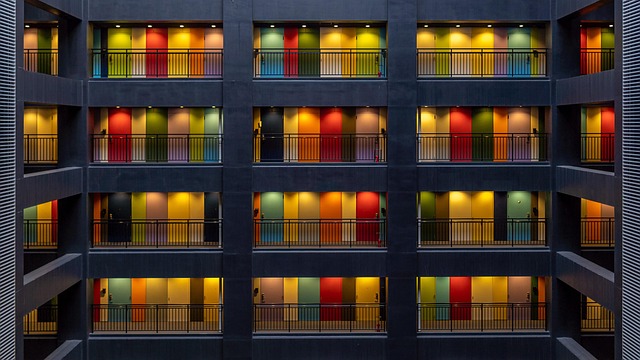
Steps to Troubleshoot and Improve Apartment Cooling
Apartment cooling is essential to maintain a comfortable living environment, especially during hot summer months. However, if you’re experiencing issues with your cooling system, it can be frustrating and affect your quality of life. Here are some steps to troubleshoot and improve apartment cooling efficiently.
Step 1: Check the thermostat
Start by ensuring that your thermostat is set to the correct temperature and mode. If it seems unresponsive or inaccurate, consider replacing it with a programmable thermostat that allows you to customize cooling settings.
Step 2: Clean or replace air filters
Blocked or dirty air filters can impede airflow and reduce cooling efficiency. Regularly clean or replace them to ensure proper ventilation in your apartment. This simple step can significantly improve cooling performance.
Step 3: Inspect and seal air leaks
Air leaks around windows, doors, and ductwork can let hot air in and cool air out, making your cooling system work harder. Conduct a thorough inspection and seal any leaks using weatherstripping or caulking. This will help maintain a consistent temperature within your apartment.
Step 4: Schedule regular system maintenance
Professional maintenance is crucial for the smooth operation of your cooling system. Schedule regular check-ups with a qualified technician who can clean coils, check refrigerant levels, and identify any potential issues before they become major problems.
Step 5: Utilize window coverings
Window coverings such as blinds, curtains, or shades can help block out the sun’s heat and prevent it from entering your apartment. Consider investing in energy-efficient window treatments to reduce your cooling needs.
Step 6: Use fans strategically
Fans can circulate cool air throughout your apartment, making your cooling system more efficient. Place fans near windows to draw in fresh air or use ceiling fans to create a gentle breeze. Just remember to turn them off when you leave the room to conserve energy.
By following these simple steps, you can troubleshoot and improve your apartment cooling effectively. Not only will you enhance your comfort, but you will also reduce energy consumption and save money on cooling costs. Enjoy a cool and refreshing living space all summer long!
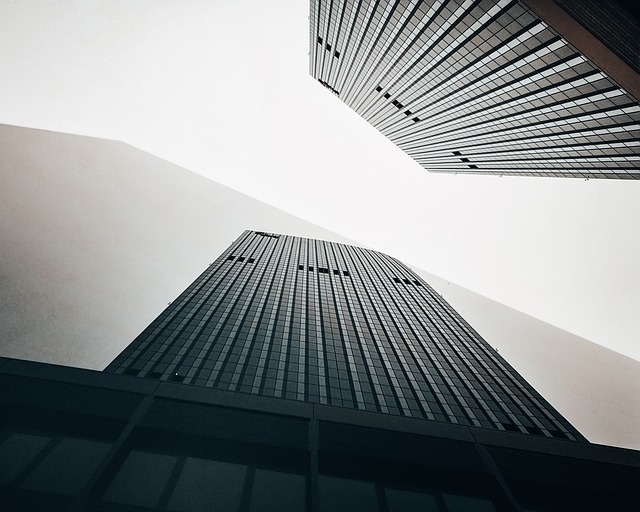
Expert Tips for Enhancing Apartment Cooling Efficiency
Expert Tips for Enhancing Apartment Cooling Efficiency
Keeping your apartment cool and comfortable during the summer months can be challenging, especially if you want to reduce your energy consumption and lower your utility bills. Thankfully, there are a few expert tips that can help you enhance apartment cooling efficiency and create a more pleasant living environment. Here are some suggestions to follow:
1. Use ceiling fans: Installing ceiling fans can significantly improve indoor air circulation and make your apartment feel cooler. These fans can help distribute the cool air from your air conditioner more effectively.
2. Close curtains and blinds: During the hottest part of the day, close curtains and blinds to block out the sun’s heat. This simple step can prevent excess heat from entering your apartment and reduce the workload on your air conditioner.
3. Seal air leaks: Check for air leaks around windows and doors and seal them with weatherstripping or caulk. By preventing warm air from entering your apartment and cool air from escaping, you can maximize your cooling efficiency.
4. Utilize window treatments: Invest in window treatments such as solar shades or reflective films that can reduce the amount of heat entering your apartment through the windows. These treatments can block out the sun’s heat while still allowing natural light to brighten your space.
5. Set the thermostat wisely: Set your thermostat to a comfortable temperature, but avoid setting it too low. Each degree you lower your thermostat can increase your energy consumption. Consider using a programmable thermostat that adjusts the temperature based on your schedule.
6. Use energy-efficient appliances and light bulbs: Upgrade to energy-efficient appliances and LED light bulbs. These appliances and bulbs consume less energy and produce less heat, helping to keep your apartment cool.
7. Keep heat-generating appliances away from the thermostat: Avoid placing heat-generating appliances such as lamps or TVs near the thermostat. The heat they generate may cause the thermostat to falsely detect a warmer temperature and lead to unnecessary cooling.
By following these expert tips, you can enhance the cooling efficiency in your apartment, reduce your energy consumption, and create a more comfortable living space during the hot summer months.
